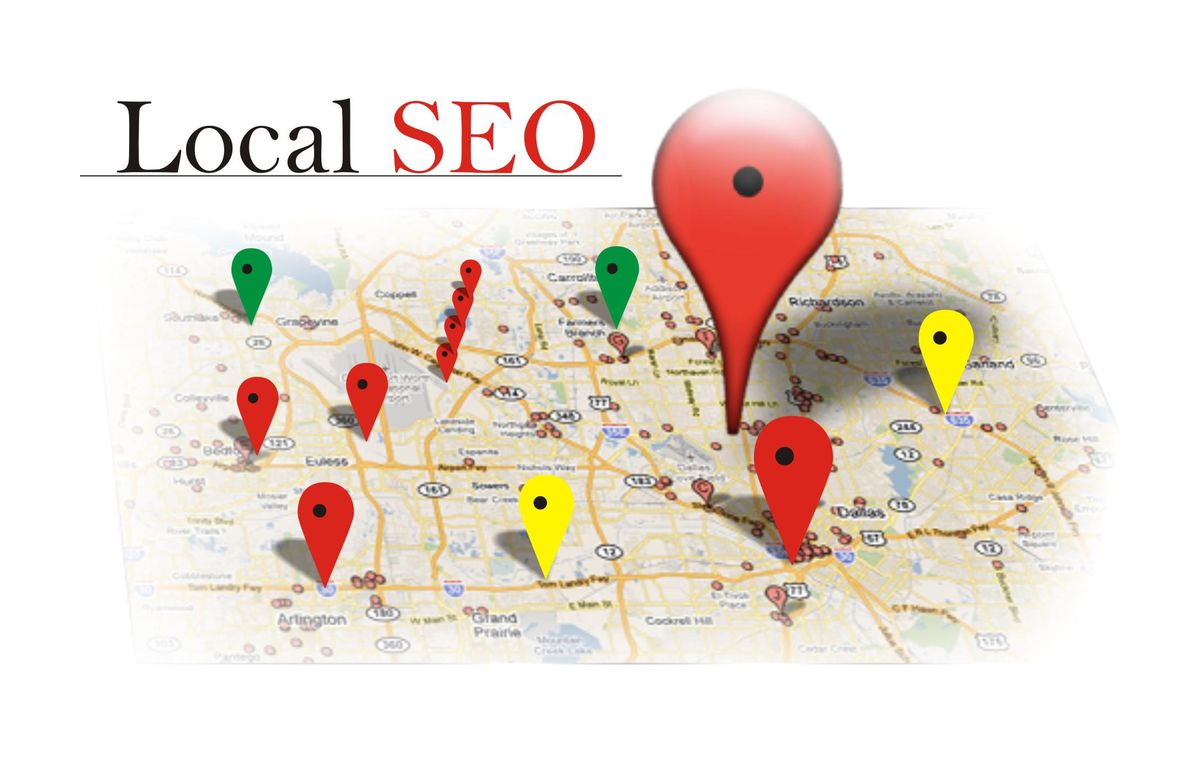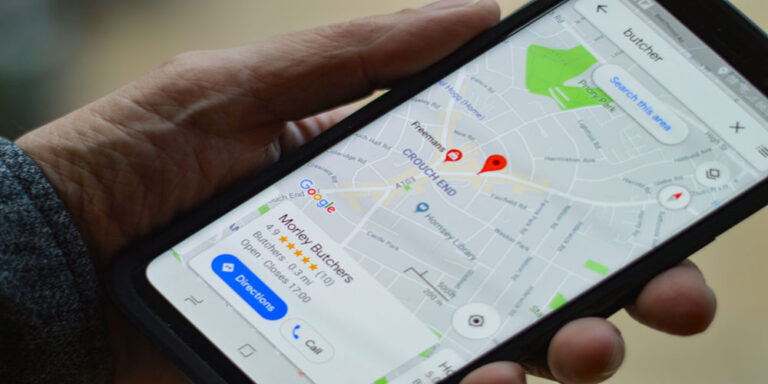
Local SEO is the practice of optimising a website or business for local search results. The primary goal of a local SEO campaign is to improve a website’s visibility in local search results for relevant search terms. This can be achieved by implementing various tactics and strategies that are designed to help the website appear higher in local search rankings. In this article, we will explore the key principles of a local SEO campaign.
Claim Your Google My Business Listing
The first and most important step in any local SEO campaign is to claim your Google My Business listing. This is a free tool provided by Google that allows businesses to manage their online presence across Google, including search and maps. By claiming your Google My Business listing, you can ensure that your business information is accurate and up-to-date, and you can also add photos and other information to make your business stand out in local search results.
Optimise Your Google My Business Listing
Once you have claimed your Google My Business listing, the next step is to optimise it for local search. This includes adding your business category, description, hours of operation, website URL, phone number, and address. You should also add high-quality photos and videos that showcase your business and its products or services. It is important to ensure that all of the information you provide is accurate and consistent across all of your online profiles.
Use Local Keywords in Your Website Content
To improve your website’s visibility in local search results, you need to use local keywords in your website content. This includes using keywords that are relevant to your business and the local area you serve. For example, if you are a plumber in New York City, you might use keywords like “plumber NYC,” “emergency plumber New York,” or “24-hour plumber Manhattan.” By using these keywords in your website content, you can help your website appear higher in local search rankings when people search for these terms.
Optimise Your Website for Mobile Devices
In today’s mobile-first world, it is essential to optimise your website for mobile devices. This means ensuring that your website is fully responsive and that it loads quickly on mobile devices. Google has stated that page speed is a ranking factor, so it is important to ensure that your website loads quickly on both desktop and mobile devices. You should also ensure that your website is easy to navigate on mobile devices and that all of the information is easily accessible.
Build High-Quality Local Backlinks
Backlinks are an important ranking factor in local search, and building high-quality local backlinks can help your website appear higher in local search rankings. This includes getting backlinks from local websites, directories, and blogs that are relevant to your business and the local area you serve. For example, if you are a restaurant in Chicago, you might get backlinks from local food blogs or directories that feature restaurants in Chicago.
Get Online Reviews
Online reviews are another important ranking factor in local search, and getting positive reviews can help your website appear higher in local search rankings. You should encourage your customers to leave reviews on your Google My Business listing, as well as on other review websites like Yelp, TripAdvisor, and Facebook. It is important to respond to all reviews, both positive and negative, in a timely and professional manner.
Use Local Schema Markup
Schema markup is a type of structured data that can help search engines understand the content on your website. By using local schema markup, you can provide search engines with information about your business, including your name, address, phone number, hours of operation, and more. This can help your website appear higher in local search rankings and can also improve the visibility of your business in Google’s local search results.
Need some help with your SEO Campaign? Call Today on 01207 283878 for Your FREE Local SEO Estimate and Find Out How We Can Help Expand your Business and Bring You New Customers.





